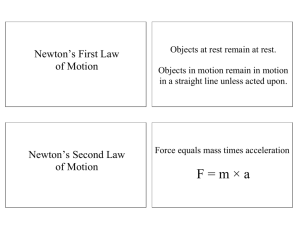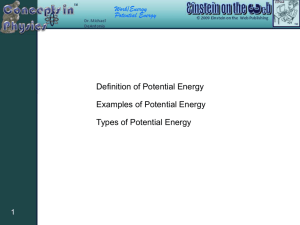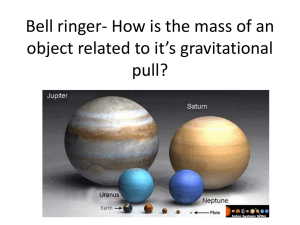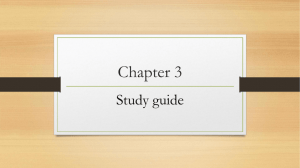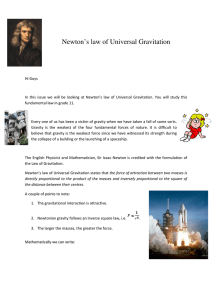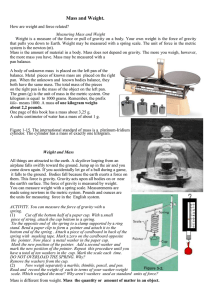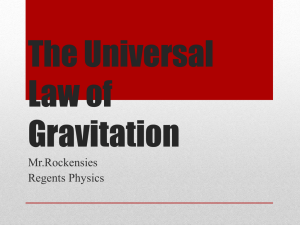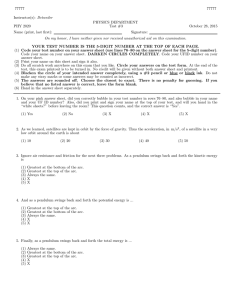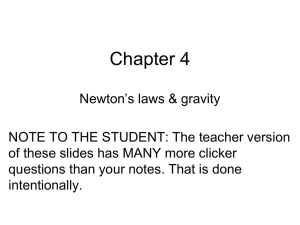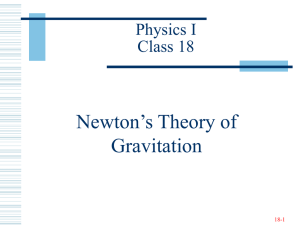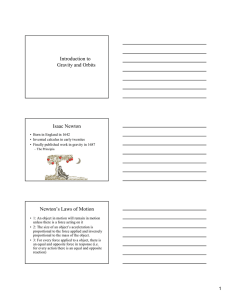Mass vs. Weight: Understanding the Difference
advertisement
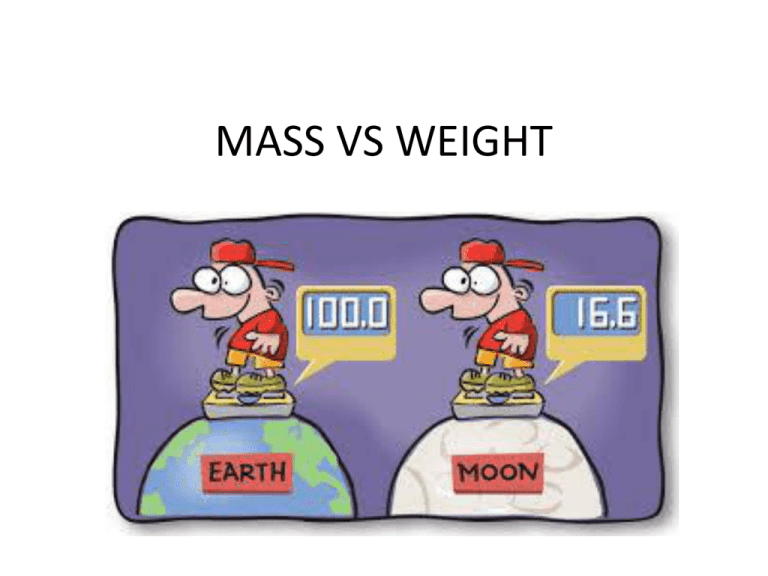
MASS VS WEIGHT Newton’s Second Law • The fundamental relation between the mass and the weight is defined by Newton's Second Law and can be expressed as • F=ma ~where • F = force (N) • m = mass (kg) • a = acceleration (m/s2) What is Gravity? What is Weight? • Gravity: a force of attraction between objects. • Weight: Measure of the gravitational force on an object. The Differences Between Weight and Mass • Weight is related to mass, but they are NOT the SAME! • Mass: is the amount of matter in an object. • An objects mass does NOT CHANGE! Weight • Your weight depends on how much gravity is acting on you at the moment; you'd weigh less on the moon than on Earth, and in interstellar space you'd weigh almost nothing at all. Mass • Mass is often called as weight. • Mass can be measured in both metric and customary units. • Kilogram, gram, and milligram are the metric units whereas ounces and pounds are the customary units • A balance is used to calculate the mass of an object. Units of Weight and Mass • Gravity is a force and weight is a measure of gravity. • Weight can be measured in newton's (N) • Mass is measured in kilogram (kg), grams (g), and milligrams (mg). • For example: on Earth, a 100 g object, such as an apple, weighs about 1 N on Earth Mass Vs. Weight Video! • http://www.youtube.com/watch?v=1whMAIG Nq7E&feature=share&list=PL5AB1C95419D8F 017 Create Mass Vs. Weight T-Chart! • Turn to the next available page in your ENB. • Title your heading Mas Vs. Weight Let’s Try! • http://www.explorelearning.com/index.cfm? method=cResource.dspView&ResourceID=653 &ClassID=0 • We will complete the worksheet as we all complete the simulation together ! • Make sure you are following along!
